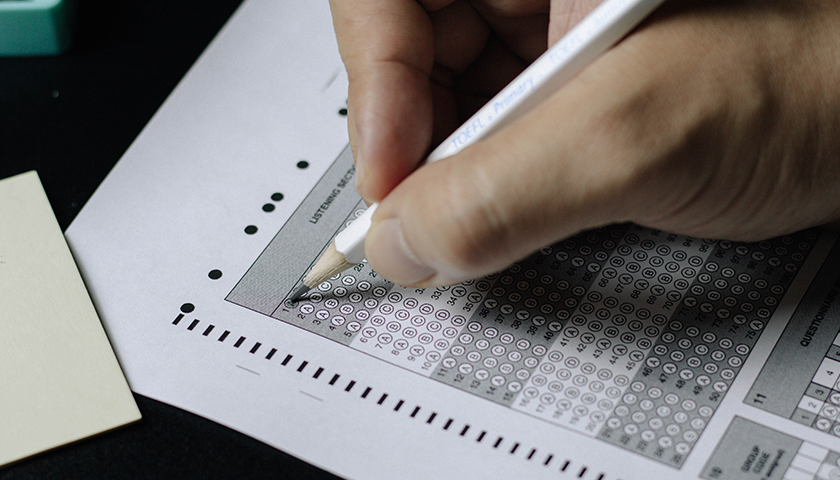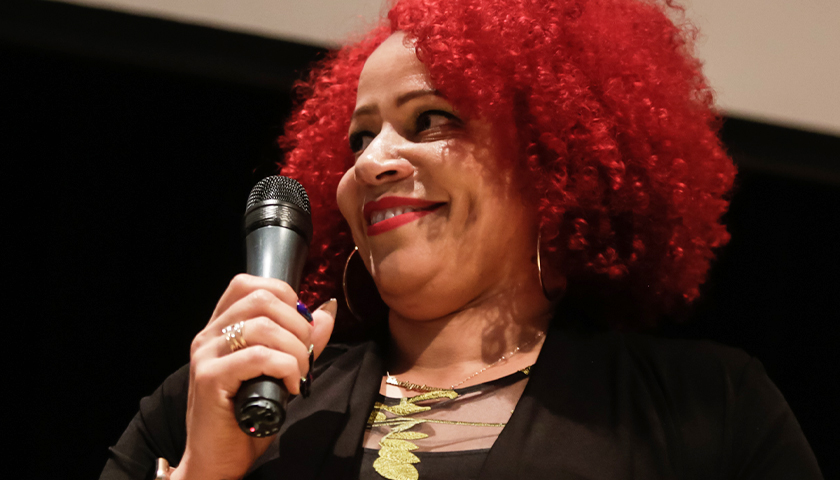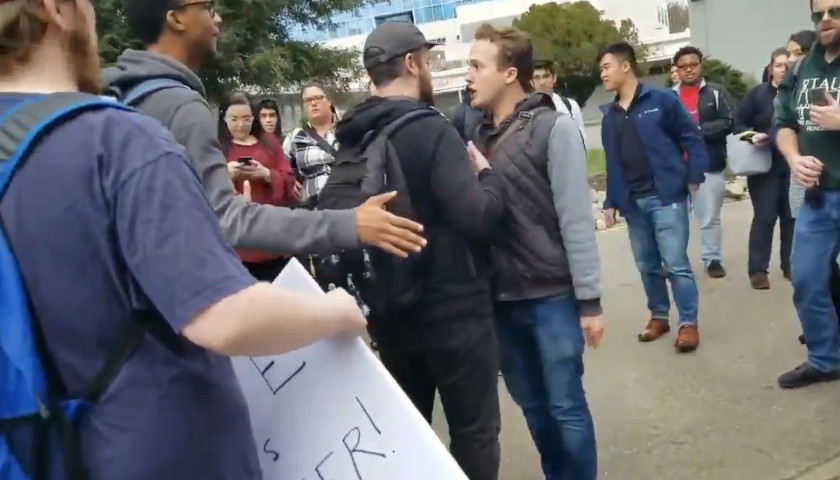As disruptive as the 2020/2021 academic year was, it led to many positive educational changes that will be transformative and long-lasting. Most notably, parents have been re-empowered to take back the reins of their children’s education from government bureaucrats and teachers unions. Frustrated by school closures and district “Zoom schooling,” families fled public schools in droves over the past year, and there are several signs that these families won’t be returning this fall.
According to an analysis by Chalkbeat and the Associated Press, public school enrollment fell by an average of 2.6 percent across 41 states last fall, with states such as Michigan, Maine, Vermont, and Mississippi dropping by more than 4 percent. These enrollment declines far exceeded any anticipated demographic changes that might typically alter public school enrollment.
How many of these students will be back in a public school classroom next year? Not as many as public school officials hoped.
Read More



